Pumps & Mechanical
A Case Study Of Vibration In Positive Displacement Pump Systems
A Case Study Of Vibration In Positive Displacement Pump Systems
Source: https://turbolab.tamu.edu
Prepared By: Trenton Cook, Sarah Simons
Positive displacement pump systems can experience high piping vibrations. System vibration can have many root causes- including underdamped fluid pulsations, mechanical resonance, and poor skid design.
Only logged in customers who have purchased this product may leave a review.



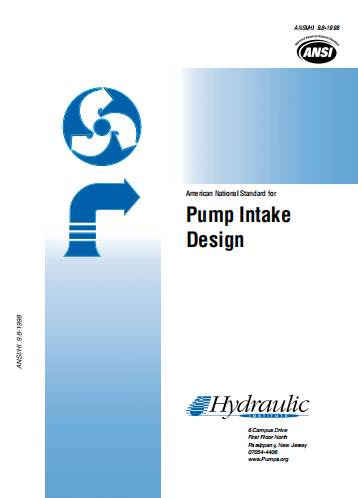
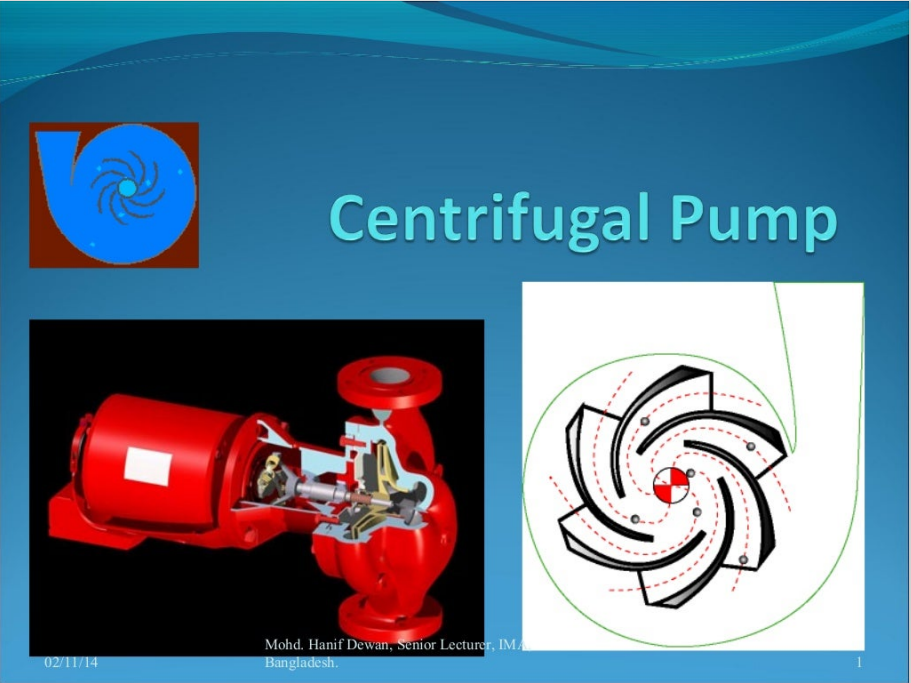
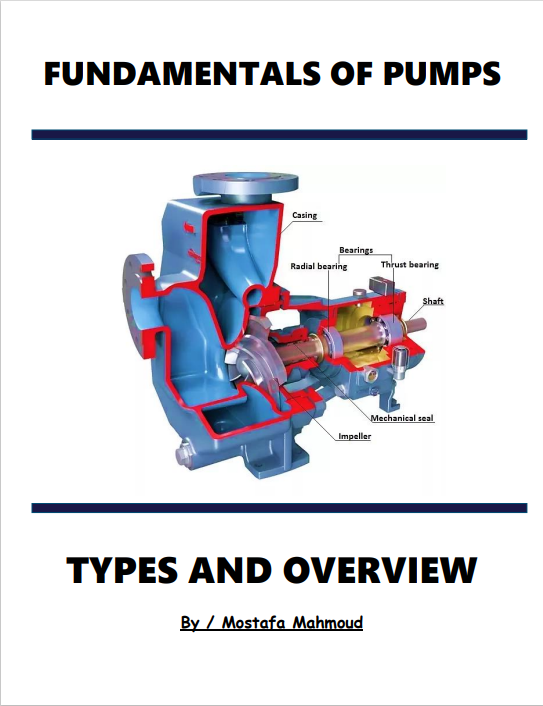
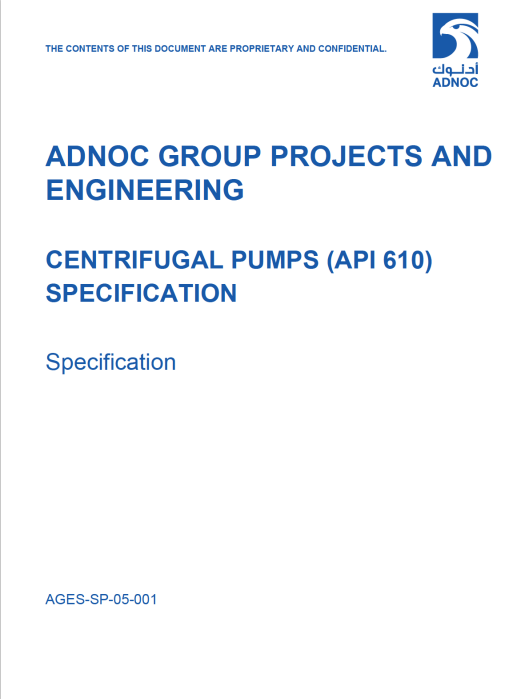
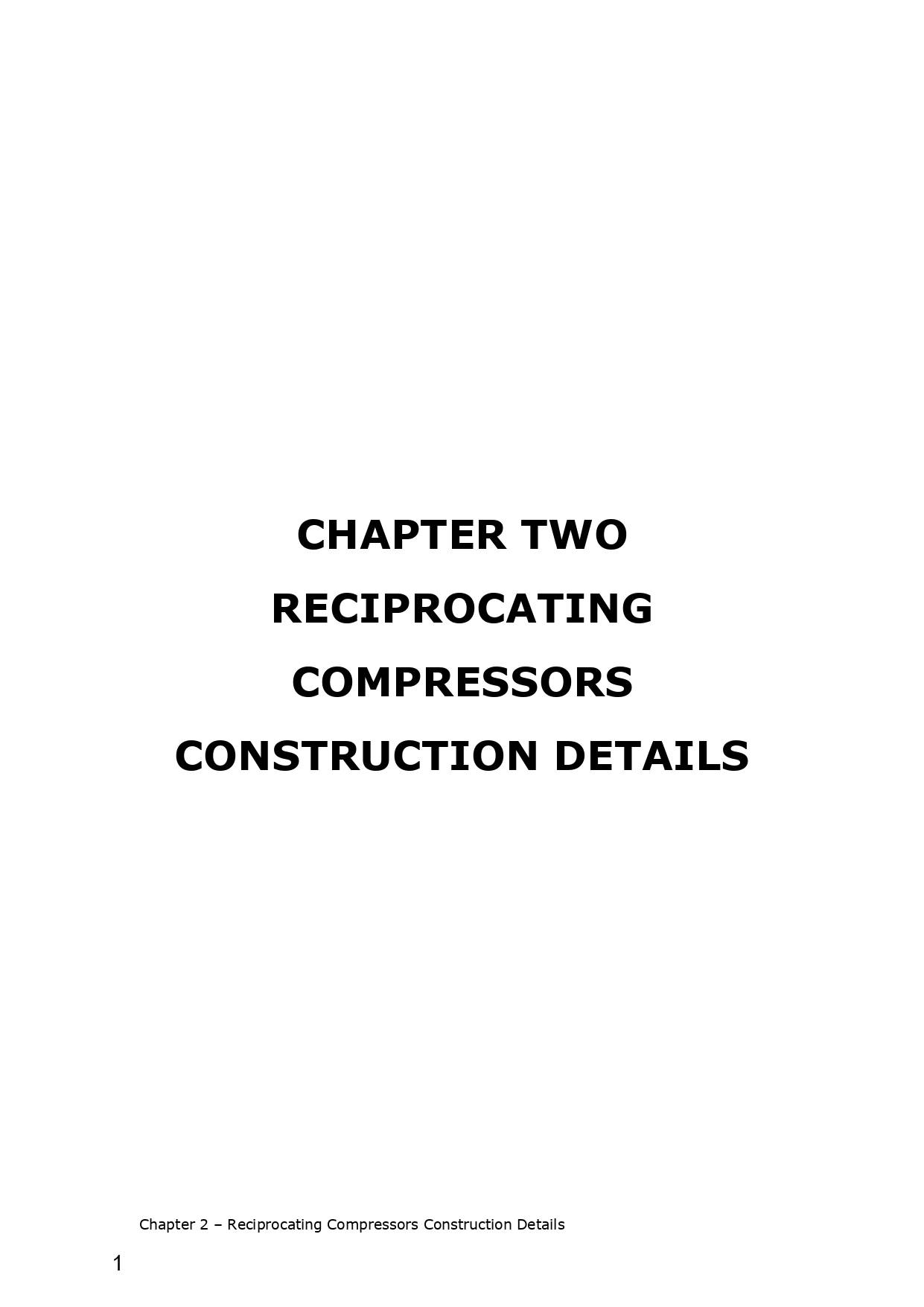

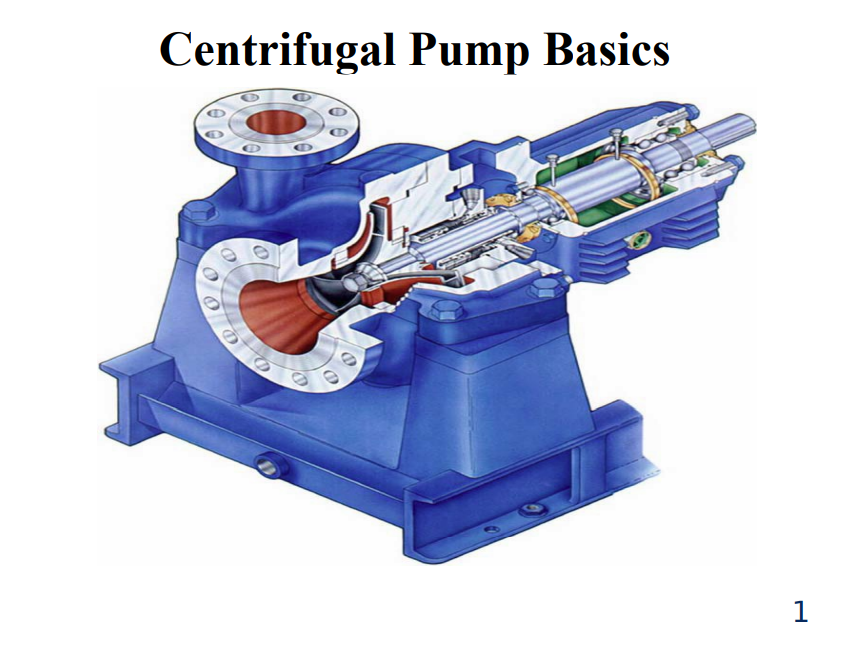
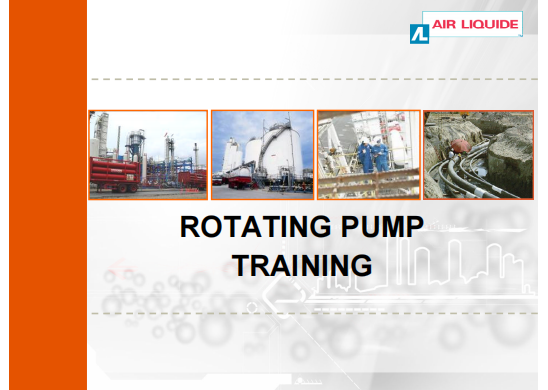

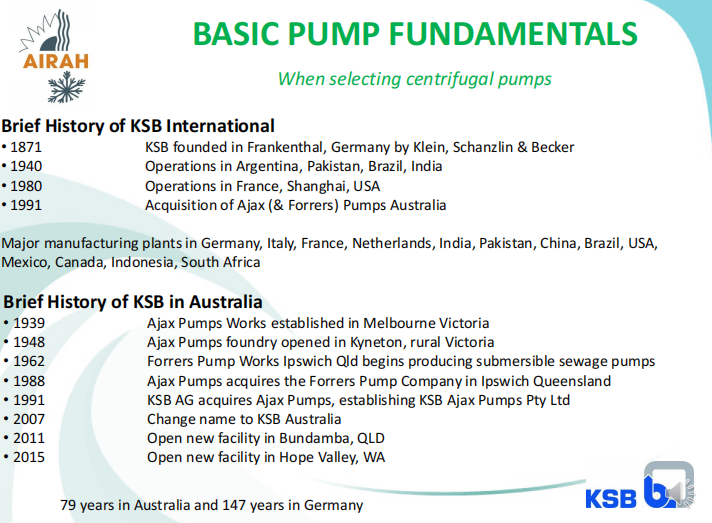

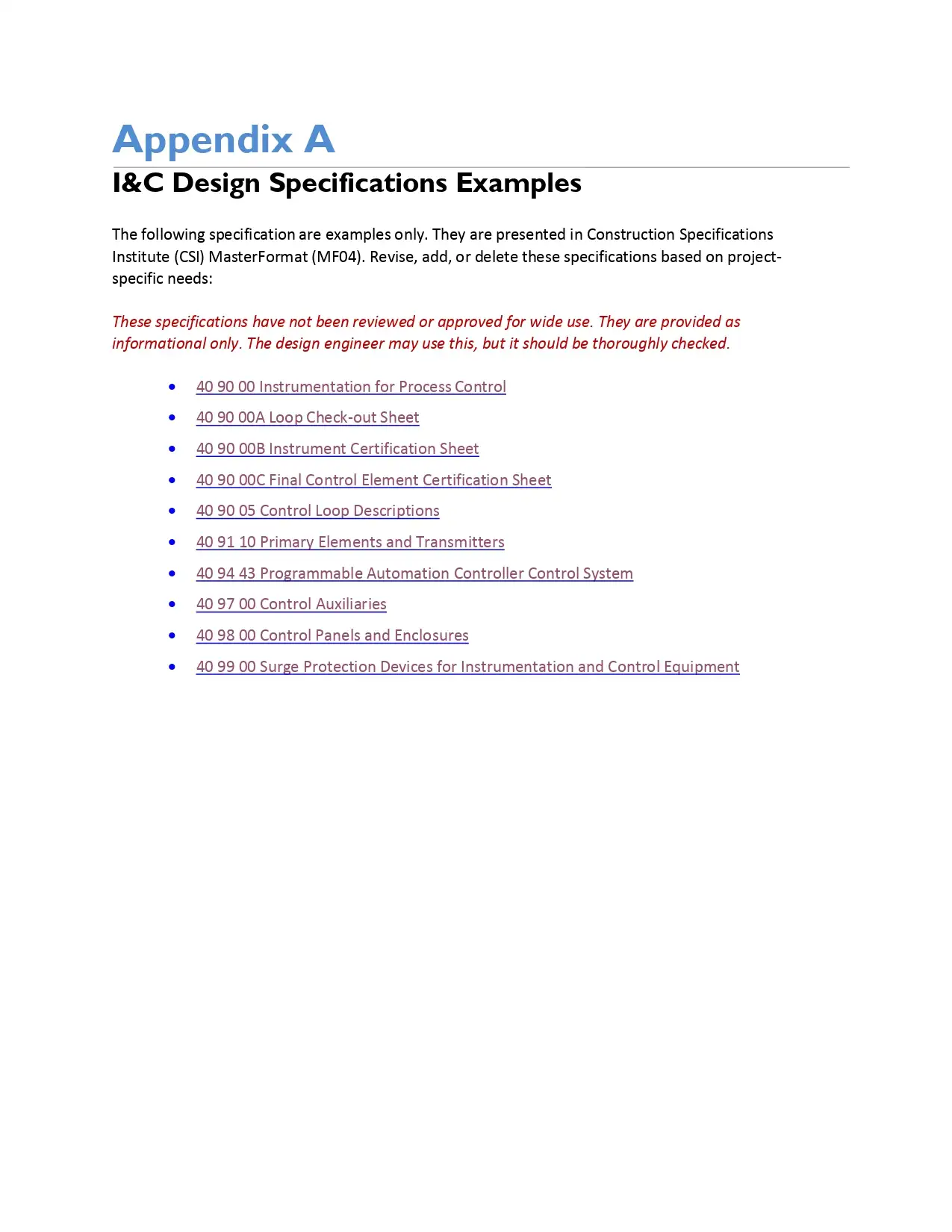
Reviews
There are no reviews yet.